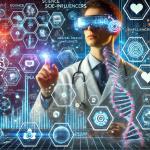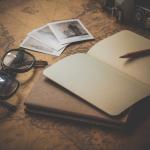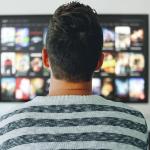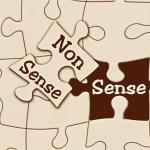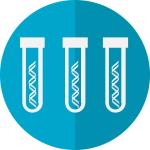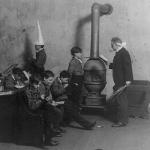Until recently, a career in science communication did not inspire many people. Carl Sagan popularized it, but most attributed its popularity to Sagan's “once in a generation” mind and personality.
science literacy
If you have the opportunity to read early scientific papers, and in this case, you need only go back to the 50s, they had a more conversational tone, for the pronoun conscious, more I or we than a silent absence of any pronoun at all.
Grey's Anatomy is an awful program.
Many scientists complain about widespread science denial—then declare with a straight face that men can get pregnant and sex is a spectrum. This hypocrisy should horrify everybody.
Let's take a minute to talk about race. With the completion of the Human Genome Project, we have learned human genetic profiles vary from one another by 0.1%.
It's not a secret that the average person is scientifically illiterate. The question is, "Just how scientifically illiterate?" The answer is appalling.
Literacy is typically defined as the ability to read and write and do basic math. However, in the 21st Century, that is simply insufficient.
Genetically engineered crops (GMOs) are never far from the news
